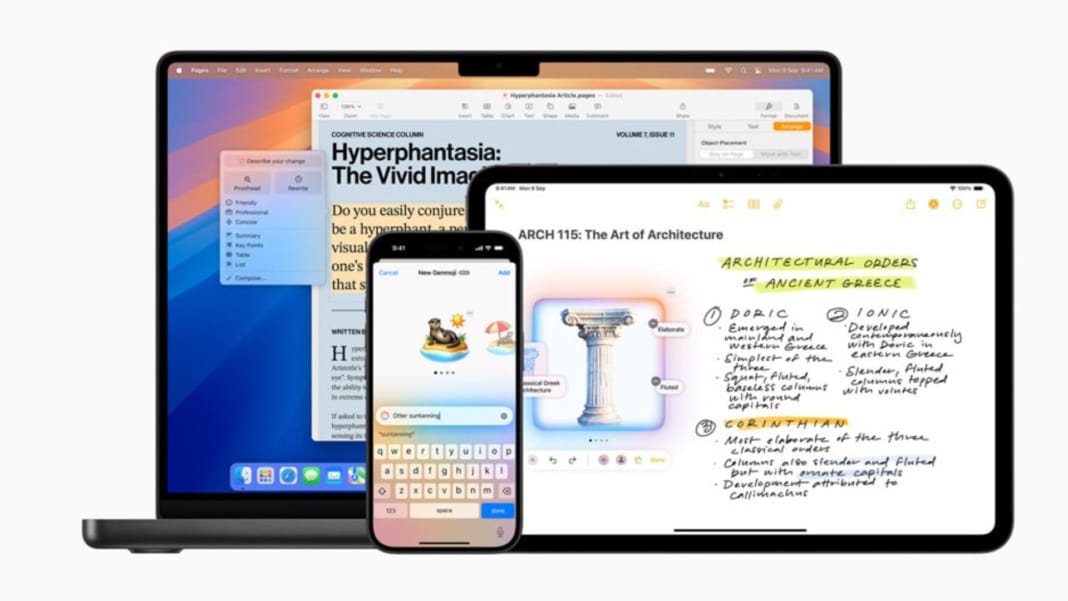Apple has just rolled out its latest software updates, bringing expanded language support to Apple Intelligence. With the release of iOS 18.4, iPadOS 18.4, macOS Sequoia 15.4, and visionOS 2.4, you can now use Apple Intelligence in even more languages, including English (Singapore).
The tech giant had previously announced that Apple Intelligence would support additional languages in April, and that promise has now been fulfilled. Alongside English (Singapore), the update includes support for French, Italian, German, Portuguese (Brazil), Spanish, Japanese, Korean, Chinese (Simplified), and English (India).
What this means for users in Singapore
If you’re in Singapore, this update means you no longer have to set your iPhone’s language to US English to access Apple Intelligence features. While it may not seem like a major change, it does enhance the user experience by ensuring that spelling corrections and auto-correct functions align with British English standards. You will no longer have to deal with your device insisting on “favourite” instead of “favourite” or “centre” instead of “centre.”
Beyond spelling improvements, this update could enhance Apple Intelligence’s performance in features like Image Playground and Genmoji. For example, you might soon be able to generate images and emojis that are more culturally relevant, such as Singaporean dishes like baos or iconic landmarks like Marina Bay Sands.
Complete list of supported languages
With this latest update, Apple Intelligence now supports a wider range of languages, making the AI-powered features more accessible to users worldwide. The newly supported languages include French, German, Italian, Portuguese (Brazil), Spanish, Japanese, Korean, Chinese (Simplified), English (Singapore), and English (India).
This marks a significant step in Apple’s efforts to expand the accessibility of its AI features across different regions. As Apple Intelligence continues to evolve, users can expect even more enhancements in language support and feature capabilities in the future.




